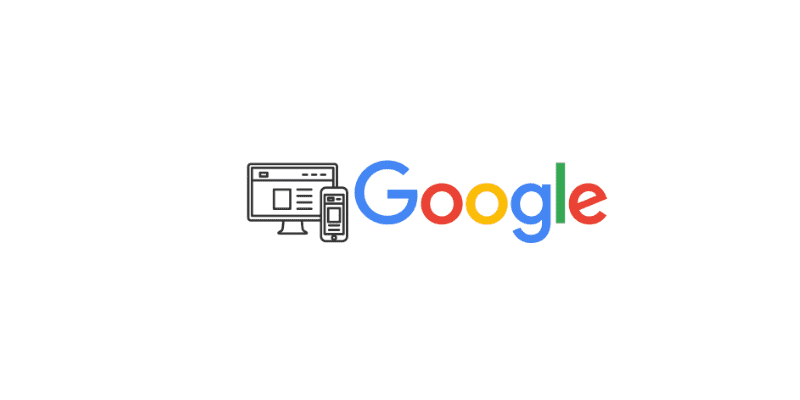Within months Google says it will split its search engine index into two separate databases, one for mobile devices and the other for classic desktops.
The announcement came via Gary Illyes, a Google engineer that gave a talk at the Pubcon 2016 conference last week. Barry Schwartz of Search Engine Land has confirmed the information with Google.
There were rumors since 2015 that Google was readying itself to split its search index in two when the same Illyes hinted at the idea at the SMX East 2015 conference.
Split coming within months
Google Search traffic from mobile devices has grown tremendously in the past years. Currently, Google says it receives more search queries from mobile devices such as smartphones and tablets than from classic computers such as desktops and laptops.
Illyes said the split is scheduled within the following months, and that the mobile index will become the de-facto search index.
The desktop search index is not going away anytime soon, but Illyes said it will be slightly out of date compared to the mobile index, which is set to receive the engineers’ full attention and the latest, up-to-the-minute results.
Desktop results will be as accurate as the mobile searches, but real-time searchers will yield better results from your mobile.
Over 85% of all search results are already mobile friendly
For years Google has been urging webmasters to create mobile-friendly sites. Websites that provided mobile-friendly versions received a boost in search results and a special tag next to their name.
The “Mobile Friendly” label has been removed earlier this year when Google announced that over 85 percent of all search results return mobile-friendly content, which appears to be more then enough to create a separate index.
At this point, this is only speculation, but the mobile index will most likely be made up only by these websites, with the desktop index made up of the mobile search results and the rest of the non-mobile-friendly websites.
Webmasters that “went responsive” made the right choice
There are webmasters that will be very busy in the following months. Companies often run two different websites, with different content for each.
These companies will have to reevaluate the text they put on their mobile version since it will become the standard version that Google indexes.
Companies that run mobile and desktop versions of their sites, but show the same content (via responsive themes), won’t be affected.
Mobile index will be primary & desktop secondary-think about what are the main differences between your mobile & desktop #pubcon @methode pic.twitter.com/umwBoYA6Cx
— Eugene Feygin (@rawseo) October 13, 2016
Google will still have a desktop index, it just won’t be as fresh as the mobile index. #pubcon
— Lisa Barone (@LisaBarone) October 13, 2016







